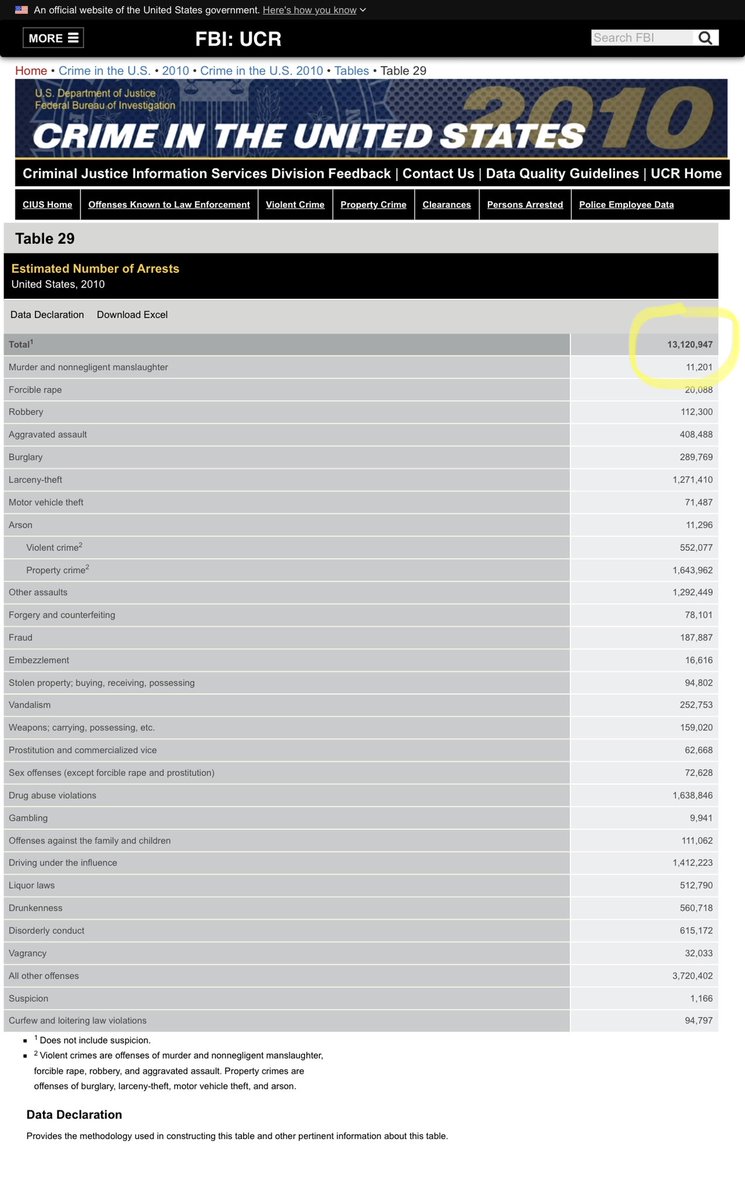Yikes. Is this 5-point plan real? A few thoughts about each of the 5 agenda items in the OP:
1.) It’s not a “loan” if you don’t have to pay it back; and I’m pretty sure the 14th Amendment has something to say about restricting access to government benefits on the basis of race.
1.) It’s not a “loan” if you don’t have to pay it back; and I’m pretty sure the 14th Amendment has something to say about restricting access to government benefits on the basis of race.
https://twitter.com/bakari_sellers/status/1845780349684453721
2.) Who actually believes that governmental “championing” (whatever that means) of education, training, and mentorship programs is what’s going to meaningfully improve black male employment?
3.) Wouldn’t white men, black women, etc. who invest in/own crypto currencies also be protected by such a regulatory framework (assuming it works, of course)?
4.) Does anyone sincerely believe that a “National Health Equity Initiative” is what’s going to finally give us the cure for diseases like diabetes, bipolar disorder, and prostate cancer? Like, c’mon now.
5.) Try to imagine being in the meeting where these people presented their ideas for helping black men. I wish I was a fly on the wall when some (probably white) person was like, “I know! We can help them be drug dealers!” 🤦🏽♂️
Bro stoppppp 🤦🏽♂️
https://twitter.com/BarackObama/status/1845944869992517645
• • •
Missing some Tweet in this thread? You can try to
force a refresh














